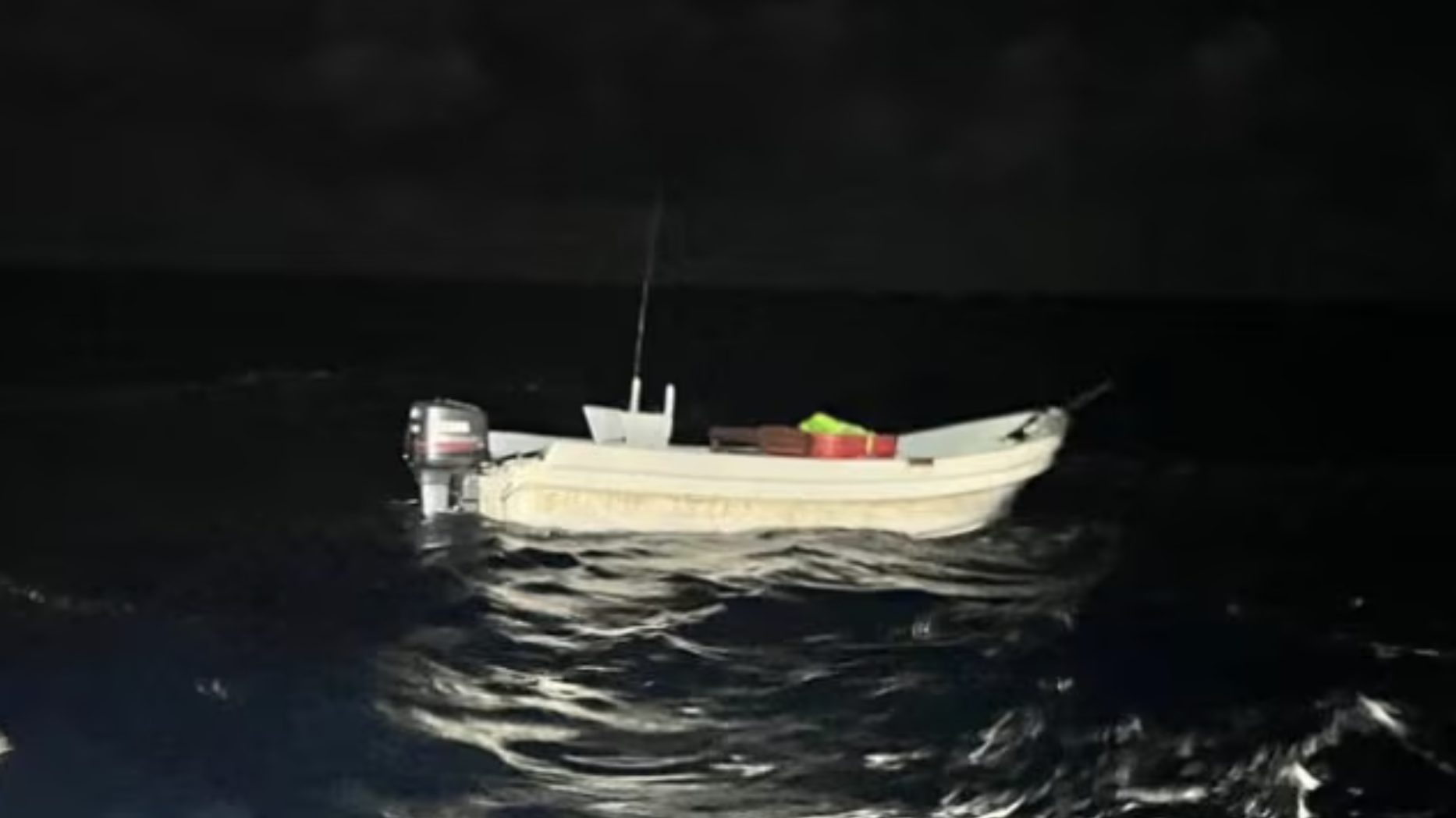In a recent operation, the U.S. Coast Guard apprehended four individuals and confiscated approximately 200 pounds of illegally caught red snapper off the South Texas coast. The incident highlights the ongoing efforts to combat illegal fishing activities that threaten both the environment and the economy of the region.
On the day in question, a Coast Guard boat crew from South Padre Island, along with an aircrew from Corpus Christi, successfully located a lancha boat roughly 65 miles north of the maritime boundary line. The lancha, a type of watercraft commonly associated with transporting illegal drugs or fish near the U.S.-Mexico border, was under suspicion.
Lanchas typically measure between 20 and 30 feet in length and boast a slender profile, allowing them to reach speeds of up to 30 miles per hour. This agility makes them a preferred choice for smugglers and individuals engaging in illegal fishing activities.
Upon further inspection, the Coast Guard personnel discovered not only the four fishermen from Mexico but also the illegal catch of red snapper, weighing approximately 200 pounds. Additionally, fishing gear, radios, and GPS devices aboard the lancha were seized as evidence.

The individuals on the lancha were promptly taken into custody and later handed over to border enforcement agents for processing. Such operations are critical in curbing illegal, unreported, and unregulated fishing activities that pose a substantial threat to the environment and the economy of the region.
Lieutenant Shane Gunderson, the commanding officer at Station South Padre Island, emphasized the Coast Guard’s unwavering commitment to intercepting lanchas and combating the profitability of illegal fishing practices. He stressed the agency’s collaborative efforts with federal and state partners to address this environmental and economic menace effectively.
Illegal fishing, especially in the form of overfishing and poaching, not only depletes marine resources but also disrupts the delicate balance of marine ecosystems. Such activities have far-reaching consequences, affecting local communities, economies, and the sustainability of marine life.
The recent seizure and arrests serve as a reminder of the importance of maritime law enforcement and cooperation among agencies to protect marine environments and livelihoods. Through continued vigilance and enforcement, authorities aim to deter illegal fishing practices and promote responsible, sustainable fishing in the region.
Image/Source: KSAT





